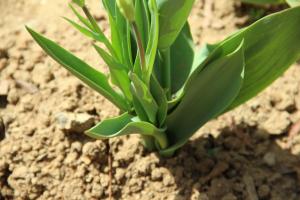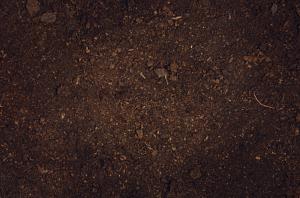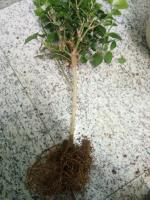Should I Use Bone Meal When Planting Tomatoes?
Tomatoes are one of the most popular and versatile vegetables for home gardeners. Whether you are a seasoned gardener or a beginner, you want your tomato plants to thrive and produce delicious fruit. One question that often arises is whether or not to use bone meal when planting tomatoes. In this article, we will discuss the advantages and disadvantages of using bone meal and whether or not it is the right choice for your tomato plants.
Advantages of Using Bone Meal
Bone meal is a natural fertilizer that is made by grinding animal bones. It is rich in phosphorus, which is essential for plant growth and development, especially for root development. By adding bone meal to the soil, you can provide your tomato plants with the necessary nutrients to produce strong roots, which will help them absorb water and nutrients more effectively. Bone meal is also slow-release, which means it will continue to release nutrients into the soil over time, providing your tomato plants with a steady supply of nutrients throughout the growing season.
Disadvantages of Using Bone Meal
While bone meal has many advantages, it is not without its drawbacks. One major concern is the potential risk of transmitting diseases from the bones to the tomato plants. Animal bones can carry various diseases and bacteria, which can be harmful to your tomato plants. Using bone meal that is not properly sterilized or treated can result in the transmission of diseases, which can cause stunted growth, wilting, and even death of the plants. Another disadvantage of bone meal is that it can attract pests such as mice and rats, who are attracted to the smell of the bone meal and may attempt to burrow into the soil to get at it.
Alternative Fertilizers
If you are concerned about the potential risks of using bone meal, there are alternative fertilizers that you can use to provide your tomato plants with the necessary nutrients. One popular option is compost, which is made from organic waste such as food scraps and yard waste. Compost is rich in nutrients and is an excellent source of slow-release fertilizer. Another option is to use a balanced fertilizer that contains equal amounts of nitrogen, phosphorus, and potassium. This will provide your tomato plants with the necessary nutrients to grow and produce fruit without the potential risks associated with bone meal.
Conclusion
So, should you use bone meal when planting tomatoes? Ultimately, the decision is up to you. While bone meal has many advantages, it also has potential risks that should be considered before use. If you decide to use bone meal, make sure to use a reputable brand that has been properly sterilized and treated to reduce the risk of transmitting diseases. Alternatively, there are other fertilizers such as compost and balanced fertilizers that can provide your tomato plants with the necessary nutrients without the potential risks of bone meal. Whatever fertilizer you choose to use, remember to follow the instructions carefully to ensure that your tomato plants receive the necessary nutrients for healthy growth and delicious fruit.

 how many times do yo...
how many times do yo... how many planted tre...
how many planted tre... how many pine trees ...
how many pine trees ... how many pecan trees...
how many pecan trees... how many plants comp...
how many plants comp... how many plants can ...
how many plants can ... how many plants and ...
how many plants and ... how many pepper plan...
how many pepper plan...































